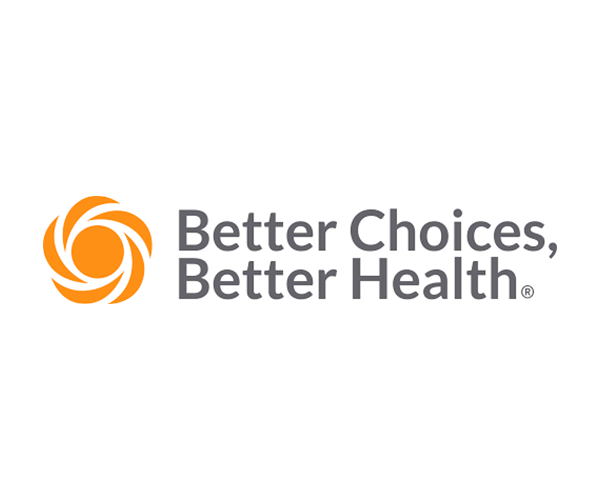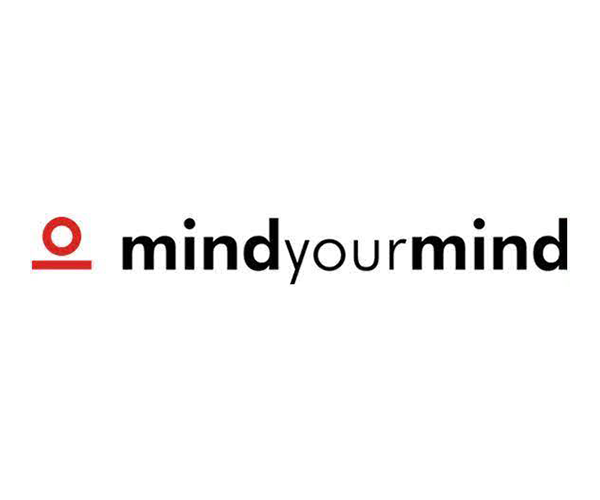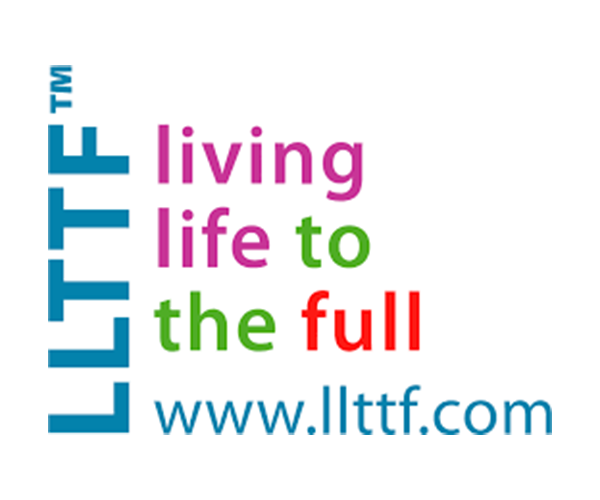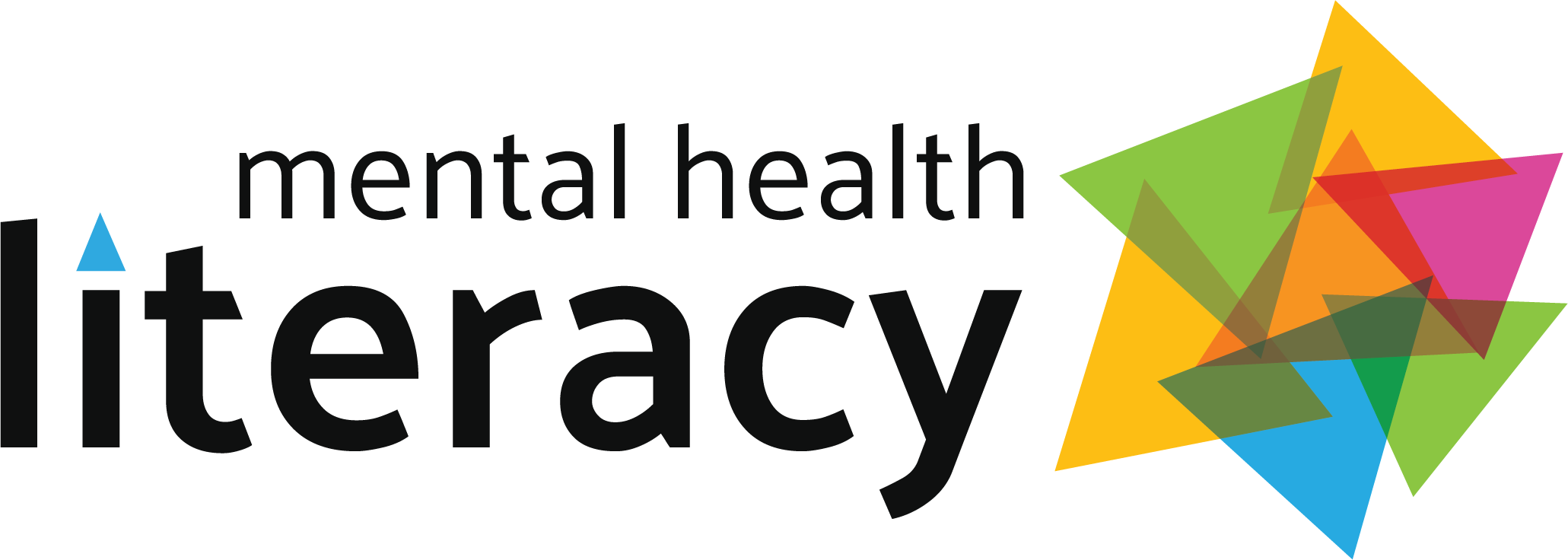Learning Resources
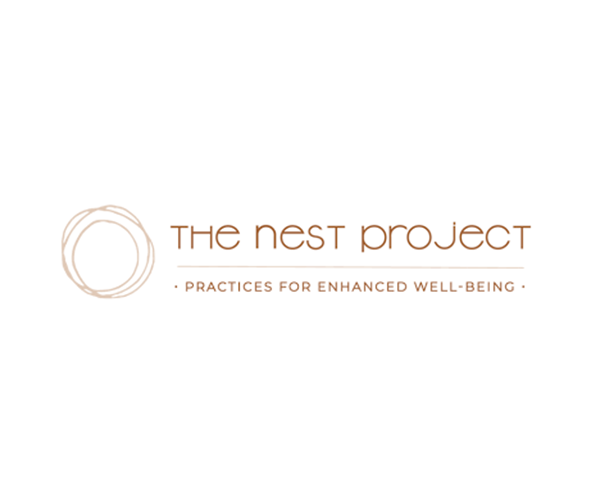
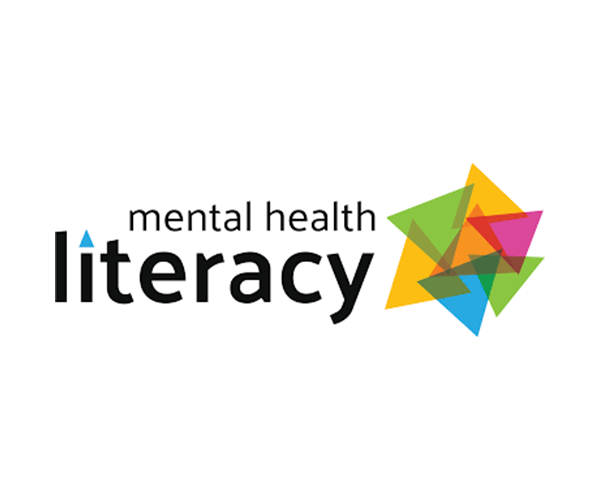
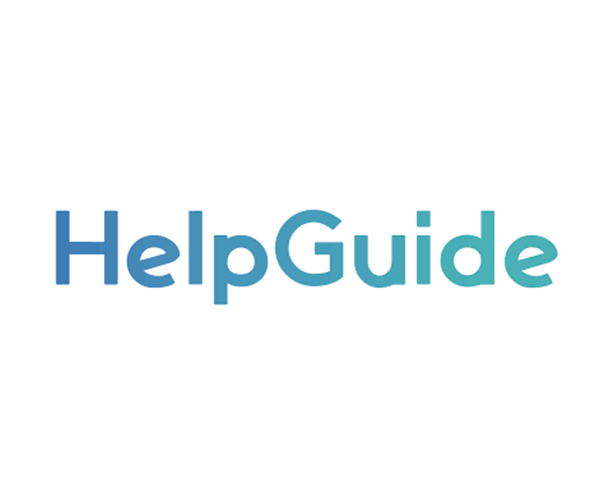
Knowledge is Power
We can all learn about mental health and develop healthy thinking. It is important for us to understand mental health and the things we can do to support positive mental health in our families and community.
We can all learn about and understand mental illness; recognizing it can take many forms, just as physical illnesses do. A mental illness is a condition that affects a person’s thinking, feeling or
mood and may affect their ability to relate to others and function each day. Mental illness does not discriminate; it can affect anyone. If you, or someone you know, has a mental illness, there is good news: all mental illnesses can be treated.
We can understand the stigma associated with mental health problems and mental illness and recognize mental illness is not anyone’s choice; stigma prevents individuals from talking about how they are doing and from reaching out for support.
We can all be part of ending the stigma by changing our behaviour and attitude toward mental health. Ending stigma will require a collective effort and we can make a big difference by talking about mental health, at work, in schools and in our homes.
Strategies
Positive coping strategies can help anyone maintain and enhance their mental health.
The Working Mind ©
Signs and indicators, actions to take and strategies to help with workplace mental health.
Strategies
Positive coping strategies can help anyone maintain and enhance their mental health. There are skills and strategies we can learn to help us obtain and maintain good mental health. Mental health affects every aspect of your life including your performance and relationships. Science proves if you ignore your mental health, even your brain anatomy can change. Life is a journey. We all have challenges to navigate, and difficult times to get through. Practice these tips to promote positive physical and mental health; reduce stress and to manage symptoms.
Download our Game Plan for Mental Health Worksheet
The Mental Health Doesn’t Discriminate
It’s important that we learn to use mental health terms correctly. Understanding the differences between these components is crucial to getting the right kind of help if needed, to avoid seeking treatment when it is not needed and to be clear about the language we use to tell others how we are feeling.
When we do not use words that appropriately describe how we are feeling we run the risk of making light of major concerns. For example, by thinking someone with depression is simply feeling unhappy or dramatizing minor concerns, or by thinking someone who is having a bad day has depression.
These categories are not mutually exclusive. A person can experience mental distress, a mental health problem, and a mental illness at the same time. A person can also have good mental health and a mental health problem at the same time, just as a person can have good physical health and an illness at the same time.
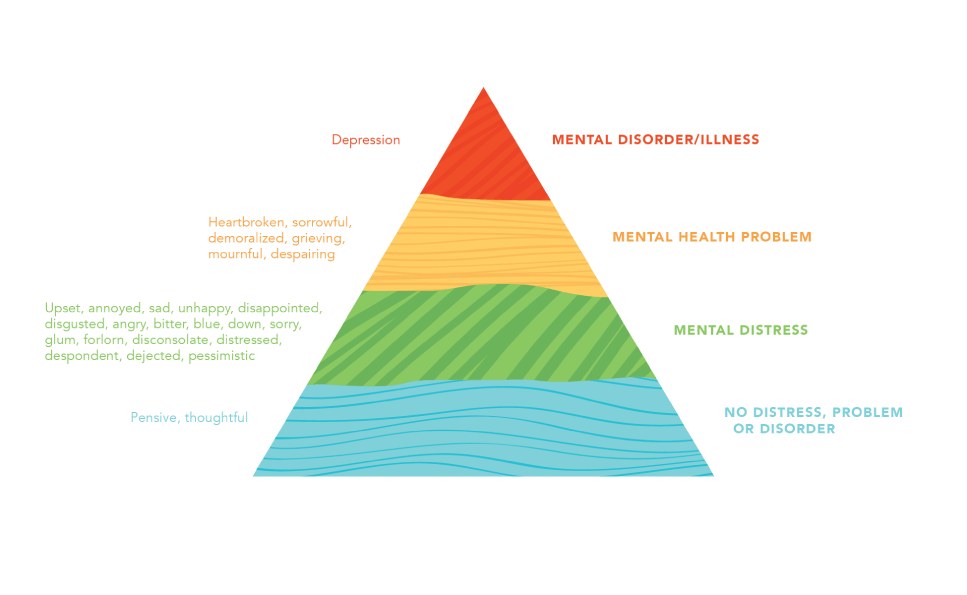
Use the right words when we're talking about mental health.
Mental Distress
Refers to the common, expected, and normal response to the stresses of everyday life. Mental distress is normal, expected, and happens to everyone. It is necessary for adaption and building resilience.
Examples include:
- writing an examination;
- having an argument with a friend, or family member;
- or failing at a task.
Mental Health Problems
Refers to the reactions we have to huge life challenges that may task our ability to adapt. Mental health problems may be substantial and prolonged but they are not mental disorders and they do not require medical treatment.
Examples include:
- dealing with the death of a loved one;
• loss of a relationship, such as divorce;
• or moving to a new country.
Mental Illness/Disorder
Refers to clinically diagnosed illnesses. Mental illnesses require evidence-based treatments provided by professionally trained health care providers.
Examples include:
- major depressive disorder;
- panic disorder;
- or bipolar disorder.
End the Stigma:
Things you can do to reduce stigma.
KNOW THE FACTS.
Educate yourself about mental illness including substance use disorders.
LANGUAGE MATTERS.
Language Matters so choose your words carefully. The way we speak can affect the attitudes of others.
FOCUS ON THE POSITIVE.
Mental illness, including addictions, are only part of anyone’s larger picture.
BE AWARE.
Be aware of your attitudes and behaviour. Examine your own judgmental thinking, reinforced by upbringing and society.
EDUCATE OTHERS.
Pass on facts and positive attitudes; challenge myths and stereotypes.
SUPPORT PEOPLE.
Treat everyone with dignity and
respect; offer support and
encouragement.
The Working Mind ©
Workplace Mental Health and Wellness
Signs and Indicators
HEALTHY
- normal fluctuations in mood
- normal sleep patterns
- Physically well, full of energy
- consistent performance
- socially active
- no trouble/impact due to substance abuse
REACTING
- nervousness, irritability, sadness
- trouble sleeping
- tired/low energy, muscle tension, headaches
- procrastination
- decreased social activity
- limited to some trouble/impact due to substance abuse
INJURED
- anxiety, anger, pervasive sadness, hopelessness
- restless or disturbed sleep
- fatigue, aches and pains
- decreased performance, presenteeism
- social avoidance or withdrawal
- increased trouble/impact due to substance use
ILL
- excessive anxiety, easily enraged, depressed
- suicidal thoughts and intentions
- unable to fall asleep or stay asleep
- exhaustion, physical illness
- unable to perform duties, withdrawal absenteeism
- isolation, avoiding social events
- dependence
Actions to take at each stage of the continuum
HEALTHY
- focus on task at hand
- break problems into manageable chunks
- identify and nurture support systems
- maintain healthy lifestyle
REACTING
- recognize limits
- get adequate rest, food and exercise
- engage in healthy coping strategies
- identify and minimize stressors
INJURED
- identify and understand own signs of distress
- talk with someone
- seek help
- seek social support instead of withdrawing
ILL
- seek consultation as needed
- follow health care provider recommendations
- regain physical and mental health
The Big 4 Strategies
SMART GOAL SETTING
- Specific: your behaviour
- Measurable: see progress
- Attainable: challenging and realistic
- Relevant: want it or need ii
- Time-bound: set finish time
VISUALIZATION
- be calm and relax
- use all senses
- see positive mental images
- keep it simple
- use movement
POSITIVE SELF TALK
- identify and understand own signs of distress
- talk with someone
- seek help
- seek social support instead of withdrawing
DIAPHRAGMATIC BREATHING
- seek consultation as needed
- follow health care provider recommendations
- regain physical and mental health


